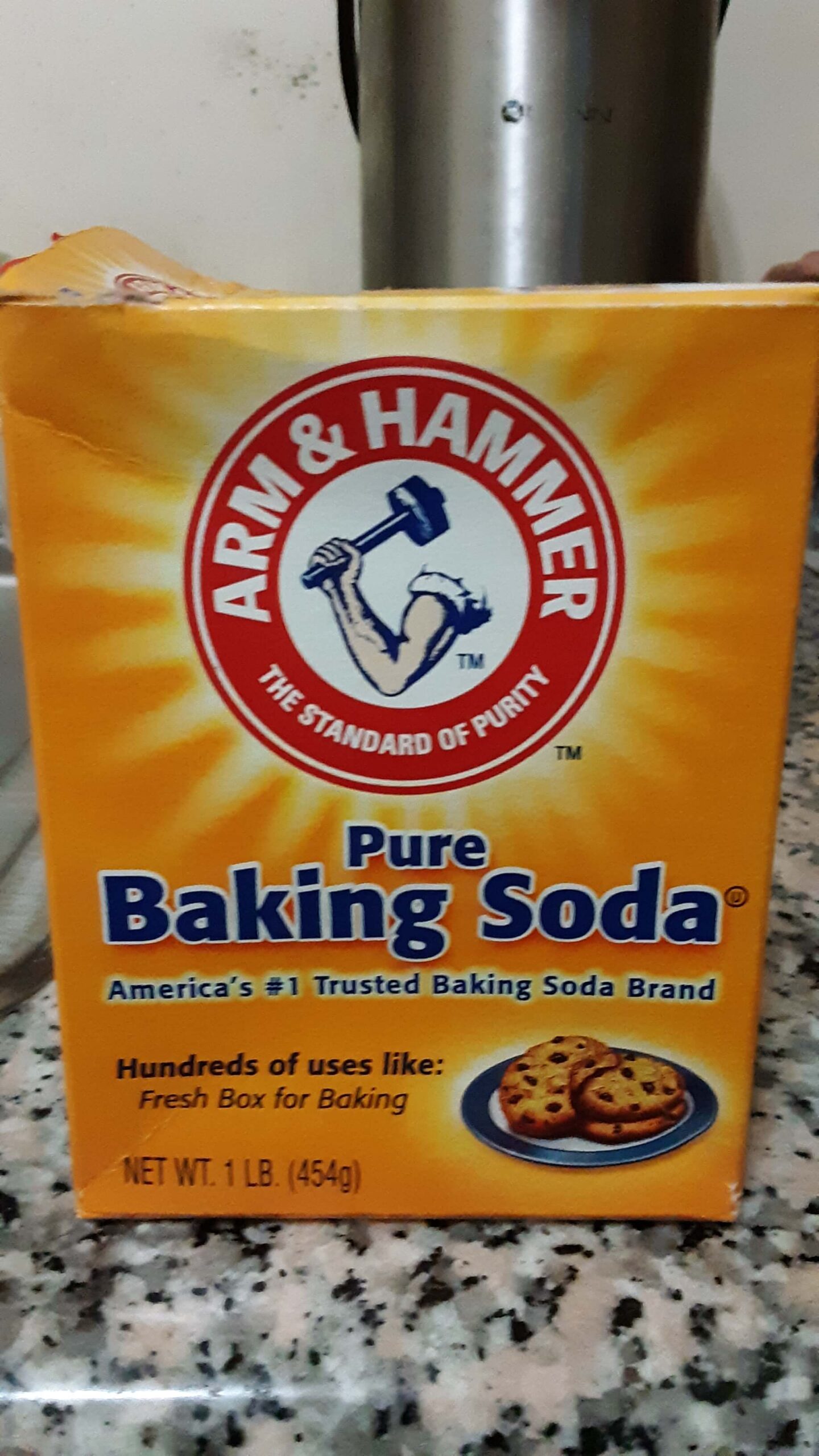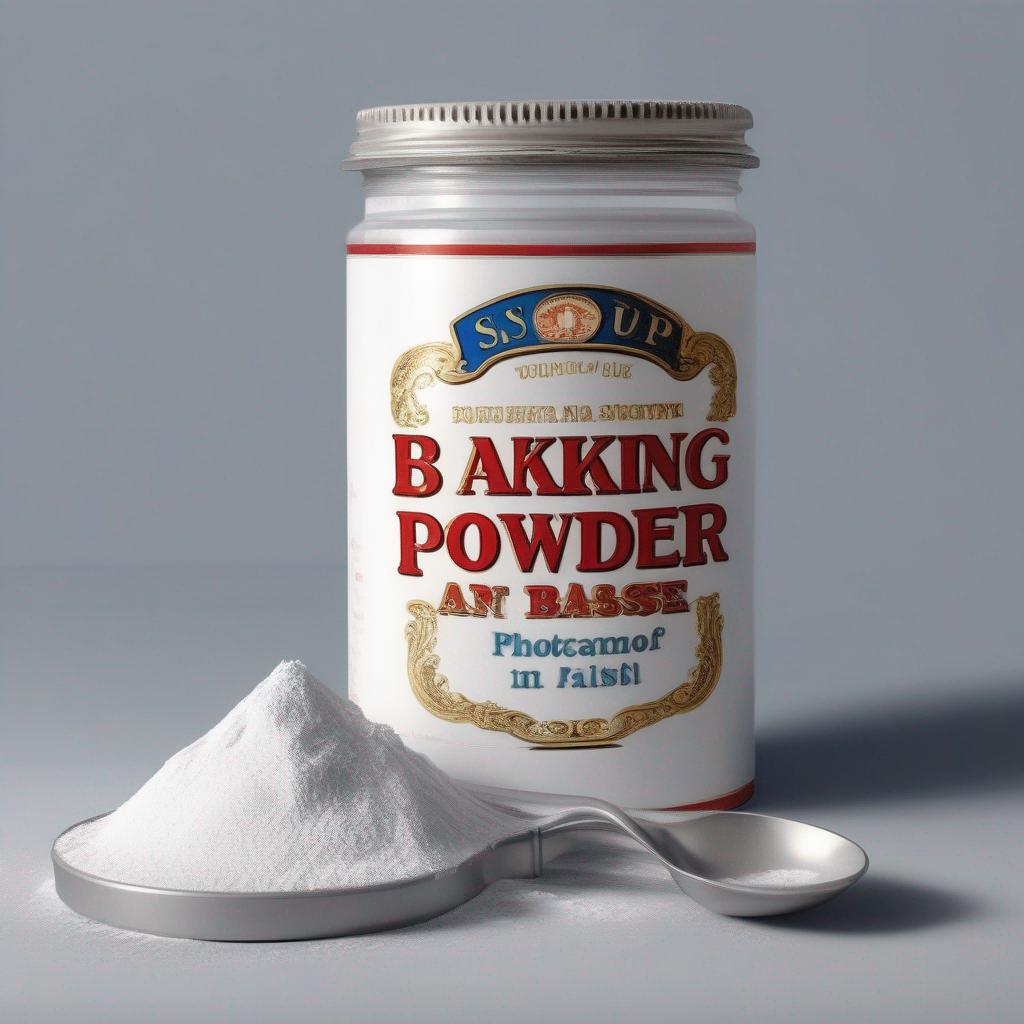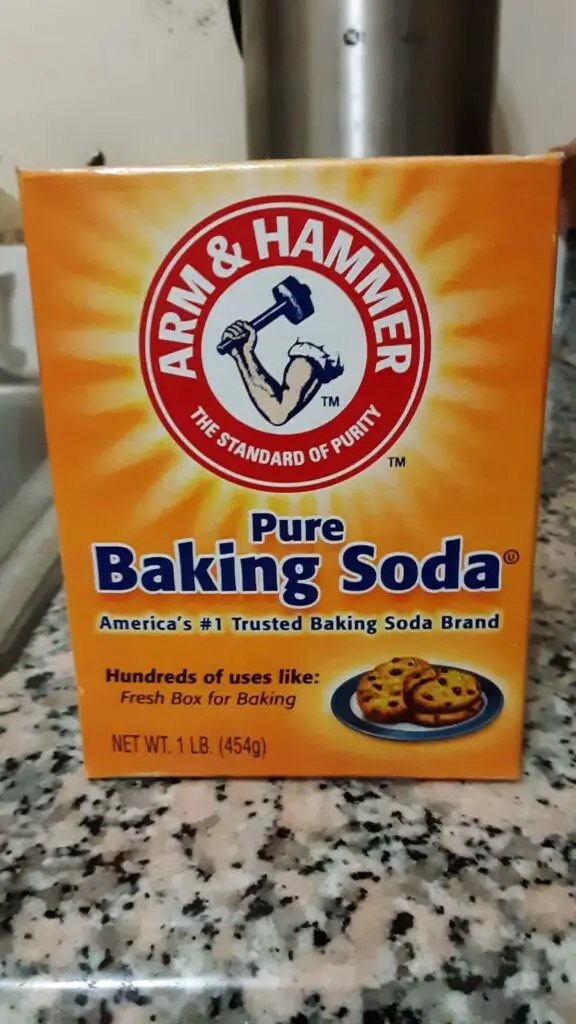Key Takeaways
Let’s talk about the top tips for using baking soda for better oral health:
-
Used occasionally, baking soda can remove stains and whiten teeth thanks to its mildly abrasive texture.
-
It neutralizes plaque acids and raises mouth pH to combat cavity-causing bacteria.
-
As a rinse, baking soda can soothe inflamed gums and freshen breath.
-
But it cannot replace fluoride toothpaste and proper brushing for thorough cleaning.
-
Overuse of baking soda risks enamel erosion and sodium overload if swallowed.
-
Rinse thoroughly after use and limit to 1-2 times per week for safety and effectiveness.
-
See your dentist regularly for exams, cleanings, and treatment baking soda can’t provide.
-
Use baking soda as an occasional boost to your usual oral hygiene routine – not a replacement.
Table of Contents
- 1 Introduction
- 2 An Introduction to Baking Soda – More Than Just For Baking
- 3 Potential Oral Health Benefits of Baking Soda
- 4 Baking Soda vs. Regular Toothpaste – Which Cleans Better?
- 5 Using Baking Soda Safely – Risks and Guidelines
- 6 Seeking Professional Help – When to Visit the Dentist
- 7 The Final Verdict – An Occasional Boost But Not a Replacement
Introduction

This common household staple might conjure up images of fresh-baked cookies or soaking beans. But baking soda is also hailed for its many cleansing and whitening benefits.
Advocates claim that a simple baking soda toothpaste or rinse can work magic on stained teeth and inflamed gums. But is it safe? And does it really stand up to regular oral hygiene products?
We’ll get to the bottom of baking soda’s effects on your pearly whites. You’ll reveal:
- How baking soda could benefit your smile
- Risks and proper usage guidelines to follow
- How it compares with standard toothpaste
- When to seek professional help from your dentist
An Introduction to Baking Soda – More Than Just For Baking
Baking soda, otherwise known by its chemical name sodium bicarbonate, is a common powdered leavening agent used extensively in cooking and baking. It produces carbon dioxide bubbles when combined with an acid, causing batters to rise.
But baking soda has many uses beyond making cookies fluffy. Its mild abrasiveness makes it useful as a cleaning and whitening powder. It also has natural deodorizing and antiseptic properties.
Some common household uses of baking soda include:
- Deodorizing fridges and carpets
- Scrubbing fruits and vegetables
- Polishing metal pans and jewelry
- Extinguishing small grease fires
- Soaking beans to make them more digestible
- Its abrasive texture can physically scrub stains off enamel
- Its alkaline properties allow it to neutralize harmful acids
Potential Oral Health Benefits of Baking Soda
When used properly, baking soda may provide certain benefits for your pearly whites and gums. Here are some of the touted advantages:
Whitening and Stain Removal
The gritty texture of baking soda can help scrub away stains on enamel caused by coffee, tea, wine and other foods. It provides a mild physical cleaning.
Plaque and Acid Neutralization
The alkaline nature of baking soda helps counter plaque acids and raise the pH in your mouth. This creates an environment less favorable for cavity-causing bacteria.
Freshens Breath
Baking soda is thought to absorb and trap oral odors, leaving your breath smelling cleaner and fresher. It helps tackle bad breath caused by foods, smoking, or poor hygiene.
Reduces Inflammation and Bleeding
Used as a mouth rinse, baking soda may soothe swollen gums and relieve pain and bleeding associated with gingivitis.
Antimicrobial Effects
Baking soda is believed to disrupt biofilm formation and inhibit the growth of harmful oral bacteria like streptococcus mutans.
Affordable and Accessible
As a common household staple, baking soda for oral health is easily available and highly cost effective.
Baking Soda vs. Regular Toothpaste – Which Cleans Better?
While baking soda may provide some oral benefits, how does it compare against traditional fluoride toothpaste in cleaning power and cavity prevention?
So regular toothpaste tends to be more effective for a few key reasons:
Contains Fluoride
Fluoride is crucial for strengthening enamel and protecting against cavities. Baking soda does not contain this essential mineral.
Higher Abrading Power
Toothpaste contains special silica particles that scrub more aggressively than baking soda alone. This removes more trapped bacteria and food debris.
Additional Plaque Fighters
Ingredients like xylitol and cetylpyridinium chloride found in toothpaste help reduce plaque. Baking soda does not contain these plaque-fighting components.
Prevent Gingivitis and Gum Disease
The antimicrobial effects in toothpaste reduce gum inflammation. Baking soda alone cannot treat severe gum infections.
Leaves a Protective Layer
Toothpaste leaves a fluoride residue that continues protecting teeth after brushing. Baking soda gets completely rinsed away.
While baking soda can be a beneficial addition, it cannot fully substitute for fluoride toothpaste and proper brushing technique. But used occasionally, it can provide a boost to your regular oral care routine.
Using Baking Soda Safely – Risks and Guidelines
Overdoing it with baking soda can lead to some adverse effects:
Enamel Erosion
Aggressive scrubbing with baking soda can damage protective enamel over time. Use a very light touch to avoid abrasion.
Sodium Overload
Those on sodium-restricted diets should avoid baking soda, as it contains high sodium. Accidentally swallowing large amounts can be hazardous.
Digestive Issues
Consuming baking soda can cause gas, bloating, nausea and diarrhea. Rinse thoroughly and avoid swallowing.
Irritation
Some people may experience mouth irritation, sores or allergic reactions from baking soda. Discontinue use if any discomfort occurs.
To use baking soda safely:
- Limit use to 1-2 times per week at most
- Always rinse thoroughly afterwards
- Use very small amounts mixed with water
- Never use with bleach-containing whitening toothpastes
- Consult your dentist before frequent use
While effective, baking soda should complement your usual oral care routine, not replace it.
Seeking Professional Help – When to Visit the Dentist
While proper at-home care is essential, there are times when a dentist’s expertise is vital for oral health.
Baking soda cannot reverse decay, treat root causes of problems, or provide professional cleanings. See your dentist promptly if you notice:
- New cavities or worsening tooth decay
- Increased tooth sensitivity or pain
- Red, swollen, or bleeding gums
- Persistent bad breath or foul tastes
- Loose teeth, dental injuries, or lost fillings
- Any lumps, sores, or discoloration in the mouth
Also regular professional cleanings and exams by your dentist are crucial for:
-
Plaque and tartar removal – Hardened tartar cannot be removed by brushing alone. Only a dentist can scrape beneath the gumline where harmful bacteria colonies hide.
-
Cavity screening – Small or hidden cavities may be difficult to detect on your own. Your dentist can spot problems early.
-
Gum disease evaluation – Advanced gum disease requires professional treatment and deep cleanings.
-
Whitening options – Your dentist can prescribe concentrated bleaching gels not available over-the-counter.
The Final Verdict – An Occasional Boost But Not a Replacement
So while baking soda can provide occasional oral health benefits, it cannot replace proper dental care and hygiene. Used sensibly, here is how baking soda can support your smile:
-
Its mild abrasive texture can help remove surface stains for temporary whitening.
-
It neutralizes plaque acids and raises mouth pH, inhibiting cavity-causing bacteria.
-
As an occasional rinse, it can soothe inflamed gums and freshen breath.
However, baking soda alone is not sufficient for protecting your oral health. Be sure to:
-
Use baking soda sparingly no more than 1-2 times per week.
-
Rinse thoroughly afterward and avoid swallowing.
-
See your dentist promptly with any oral health concerns.
-
Get regular dental exams and professional cleanings.
-
Brush twice daily with a fluoride toothpaste.




